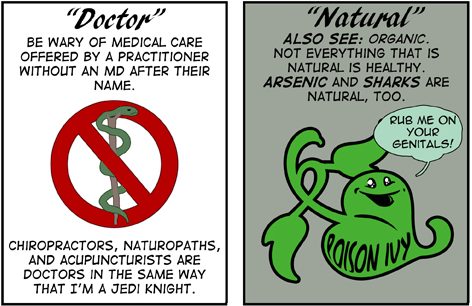I remember discovering Laci Green on YouTube several years ago — she was a great advocate for unabashed atheism. She still is, but she’s discovered a very effective way to piss off the Christians: by speaking frankly and truthfully about sex. Here’s her latest example, which just cheerfully explains the clitoris…and managed to throw a few prudes into censorious hysterics.
(via Camels With Hammers.)


